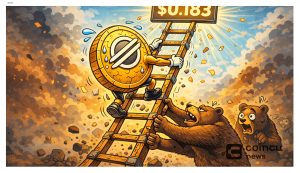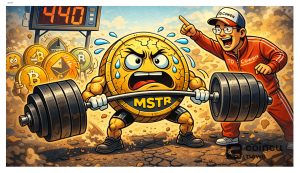Decentralized social media, also known as blockchain-based social media, is a revolutionary concept that aims to redefine the way people interact and share information online. In traditional social media platforms such as Facebook and Twitter, users rely on a central authority to manage and control their data. However, decentralized social media platforms leverage distributed ledger technologies like blockchain or DAG (Directed Acyclic Graph) to create a decentralized protocol where no central authority has control or oversight.
One of the key advantages of decentralized social media is that it promotes user privacy and data ownership. Unlike centralized platforms, where users often have limited control over their data and are subject to data breaches and unauthorized sale of their personal information, blockchain-based social media gives users more control by allowing them to store their data directly on the blockchain and grant access to others as they see fit.
Furthermore, decentralized social media platforms prioritize transparency and censorship resistance. On traditional social media platforms, content is often manipulated and filtered to prioritize revenue generation. This can lead to users being exposed to attention-grabbing advertising content rather than informative material. In contrast, decentralized social media platforms aim to provide a level playing field by allowing users to have direct control over the content they see and share, without any centralized authority manipulating or censoring it.
By using blockchain technology, decentralized social media platforms also enhance data security. The use of cryptographic methods ensures that user data remains secure and protected from unauthorized access or tampering. This is especially important in an era where data breaches and privacy concerns have become increasingly common.
However, it’s important to note that decentralized social media platforms are not without their challenges. The absence of centralized moderation can result in the posting of inaccurate information or offensive content without any means of deletion. This can pose risks for users who rely on accurate and reliable information. Additionally, there is a risk of a 51% attack, where a malicious actor could gain control over 50% of a network’s power and potentially manipulate data and compromise the integrity of the system.
Despite these challenges, decentralized social media platforms have gained traction and are showing promise in reshaping the social media landscape. Here are a few examples of decentralized social media networks:
What is Subsocial?
Subsocial is a decentralized social media platform built on Polkadot and Kusama’s Substrate framework. It allows users to create and share content in a decentralized manner, with each user having control over their own data. Subsocial utilizes blockchain technology to ensure transparency, security, and user privacy.
What is Uptrennd?
Uptrennd is a blockchain-based social media platform that rewards users for their contributions and engagement. Users can earn tokens by posting content, commenting, and upvoting/downvoting. This incentivization model encourages active participation and creates a community-driven ecosystem.
What is Steem?
Steem is a decentralized social media and blogging platform that rewards users with the Steem cryptocurrency for creating and curating content. Users can earn Steem tokens based on the popularity and quality of their posts, fostering a community where content creators are incentivized to produce valuable content.
These examples highlight the diverse approaches and functionalities that decentralized social media platforms offer. However, it’s important to note that blockchain-based social networks are still in their early stages of development and adoption. They face challenges such as scalability, usability, and attracting mainstream users away from established centralized platforms.
In conclusion, decentralized social media is an innovative concept that aims to empower users by giving them control over their data, promoting transparency, and fostering censorship-resistant platforms. While there are challenges to overcome, the potential benefits are significant. As blockchain technology continues to evolve and mature, decentralized social media platforms have the potential to reshape the way we interact and share information online.














